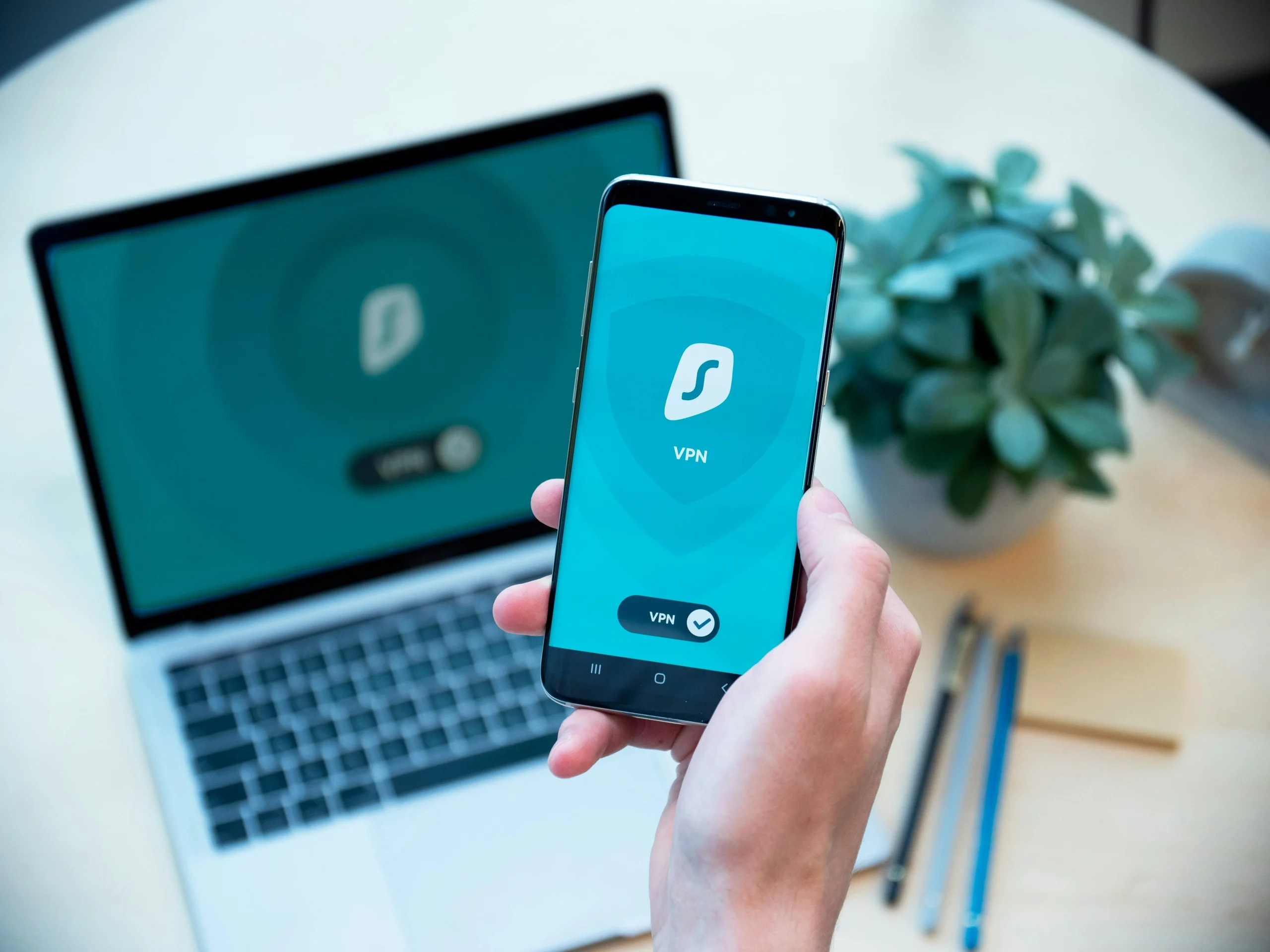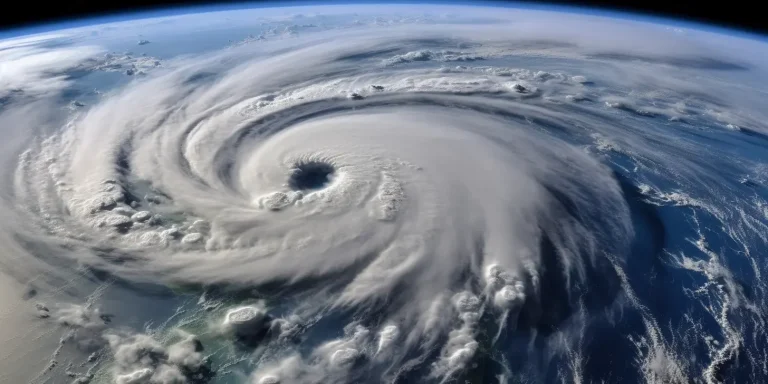Understanding DNS Leaks and How to Prevent It

In today’s digital world, data security plays a key role. However, even with encryption and other security measures in place, DNS leaks remain a serious threat. DNS (Domain Name System) is a system that provides the conversion of domain names into IP addresses necessary to establish connections between devices on the Internet. A DNS leak occurs when DNS queries are sent over an inappropriate channel, often without encryption, allowing attackers to access sensitive information.
How Does a DNS Leak Happen?
A DNS leak can happen for a variety of reasons. One of the most common is the use of unencrypted connections to DNS servers. When you use a VPN or proxy to hide your real IP address, but don’t configure your system to use secure DNS servers, you run the risk of a DNS leak. This can happen because the operating system continues to send DNS queries through normal channels without paying attention to the VPN settings.
Another reason for a DNS leak could be the use of untrusted programs or browser extensions that can change DNS settings without your consent. This could result in your DNS requests being sent through attacker-controlled servers instead of your ISP’s secure servers.
Consequences of a DNS Leak
A DNS leak can have serious consequences for your security and privacy. First, attackers can track your online activity, find out what sites you visit, and even intercept your personal data, such as passwords and bank card details.
In addition, DNS leaks can lead to censorship and blocking of content. Some countries and organizations block access to certain sites, and if your DNS query is sent through servers that support censorship, you may experience problems accessing that content read more.
Preventing DNS Leaks
There are several methods to prevent DNS leaks that can help protect your privacy and security online.
- Using Secure DNS Servers: Configure your system to use secure DNS servers that support encryption and leak protection. Some of the most popular secure DNS servers include DNS servers from Google (8.8.8.8 and 8.8.4.4) and Cloudflare (1.1.1.1).
- Using a VPN: Connecting to https://hide.expert/en will help protect your online activity, including DNS queries, encrypting your traffic and masking your IP address.
- Update Software: Regularly update the software on your device to eliminate vulnerabilities that could be used by attackers to leak DNS.
- Using Trusted Programs and Extensions: Make sure you only use trusted programs such as hide vpn, that do not change DNS settings without your consent and do not pose a threat to your security.
Conclusion
DNS leaks are a serious threat to Internet security and privacy. Understanding the causes and methods of preventing DNS leaks will help protect your data and ensure a safe online experience. Taking precautions, such as using secure DNS servers and VPNs, can help make your online activities more secure and private.
Read Also How to Choose the Perfect Earphones?




